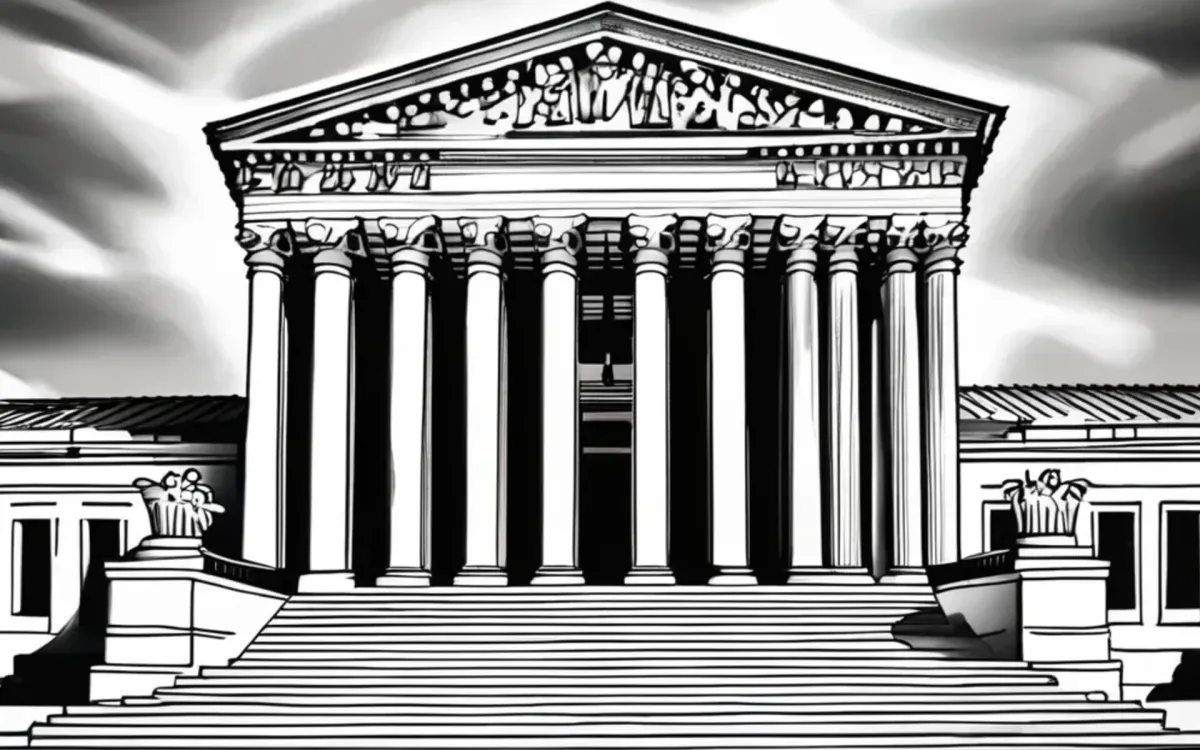
The United States Supreme Court yesterday unanimously upheld legislation that will force TikTok to either separate from its Chinese parent company ByteDance or cease operations in the United States by January 19, 2025. The Court's decision removes the final legal obstacle to enforcement of the Protecting Americans from Foreign Adversary Controlled Applications Act.
In a detailed 20-page opinion, the Supreme Court concluded that the law does not violate First Amendment rights. According to the Court's ruling, the legislation focuses on preventing China from accessing sensitive data from 170 million American users rather than restricting free speech.
The Court emphasized the scope of TikTok's data collection practices. According to Congressional findings cited in the ruling, TikTok collects extensive personal information including age, phone numbers, precise location data, internet addresses, device details, phone contacts, social network connections, private messages, and viewing history.
Chief Justice Roberts, writing for the Court, noted that ByteDance Ltd., TikTok's parent company, operates under Chinese laws requiring cooperation with government intelligence operations. The ruling cited specific provisions mandating companies to "assist or cooperate" with Chinese intelligence work and ensure government access to private user data.
The Supreme Court's decision followed an expedited review process, with oral arguments held on January 10, 2025. Justice Sotomayor, in a concurring opinion, emphasized that while TikTok provides an important platform for expression, the government demonstrated compelling national security interests in restricting foreign access to American user data.
Justice Gorsuch, also concurring, highlighted the distinction between protected speech and data collection concerns. According to FBI testimony referenced in the opinion, TikTok can access "any data" stored in users' contact lists, potentially affecting millions of non-users who never consented to data sharing.
The legislation provides TikTok multiple compliance pathways. The company can undergo a "qualified divestiture" separating U.S. operations from Chinese control or cease providing services to American users. The law defines qualified divestiture as requiring complete separation from "foreign adversary" control and prohibition of any operational relationship regarding content algorithms or data sharing.
ByteDance previously attempted to negotiate alternative solutions with U.S. officials throughout 2021 and 2022. However, according to court documents, Executive Branch officials determined ByteDance's proposed arrangements failed to adequately address national security risks.
Biden administration sources indicated enforcement details remain uncertain, with the President potentially deferring implementation decisions to President-elect Trump, who takes office January 20. Trump expressed openness to reaching a deal allowing continued operations under American ownership.
TikTok CEO Shou Zi Chew issued a statement thanking Trump for his willingness to seek solutions maintaining platform availability. However, the company confirmed it will suspend U.S. operations on January 19 without clear guidance from the Biden administration regarding enforcement implications for service providers.
The ruling caps years of government scrutiny of TikTok's relationship with China. In 2020, President Trump attempted to force divestiture through executive orders, but federal courts blocked those efforts as exceeding executive authority under existing law. The current legislation, passed with strong bipartisan support, provides explicit statutory authorization for the restrictions.
Congressional leaders praised the Supreme Court's decision as validating concerns about Chinese access to American user data. Privacy advocates expressed disappointment, arguing the ruling relied too heavily on speculative national security claims. Technology policy experts noted the case may set important precedents as nations grapple with data sovereignty in an interconnected world.
The decision leaves TikTok facing a stark choice between restructuring its corporate relationships or abandoning the U.S. market entirely. With the deadline just days away, the platform's future accessibility to American users remains uncertain pending further developments in this complex intersection of national security, corporate ownership, and digital rights.

